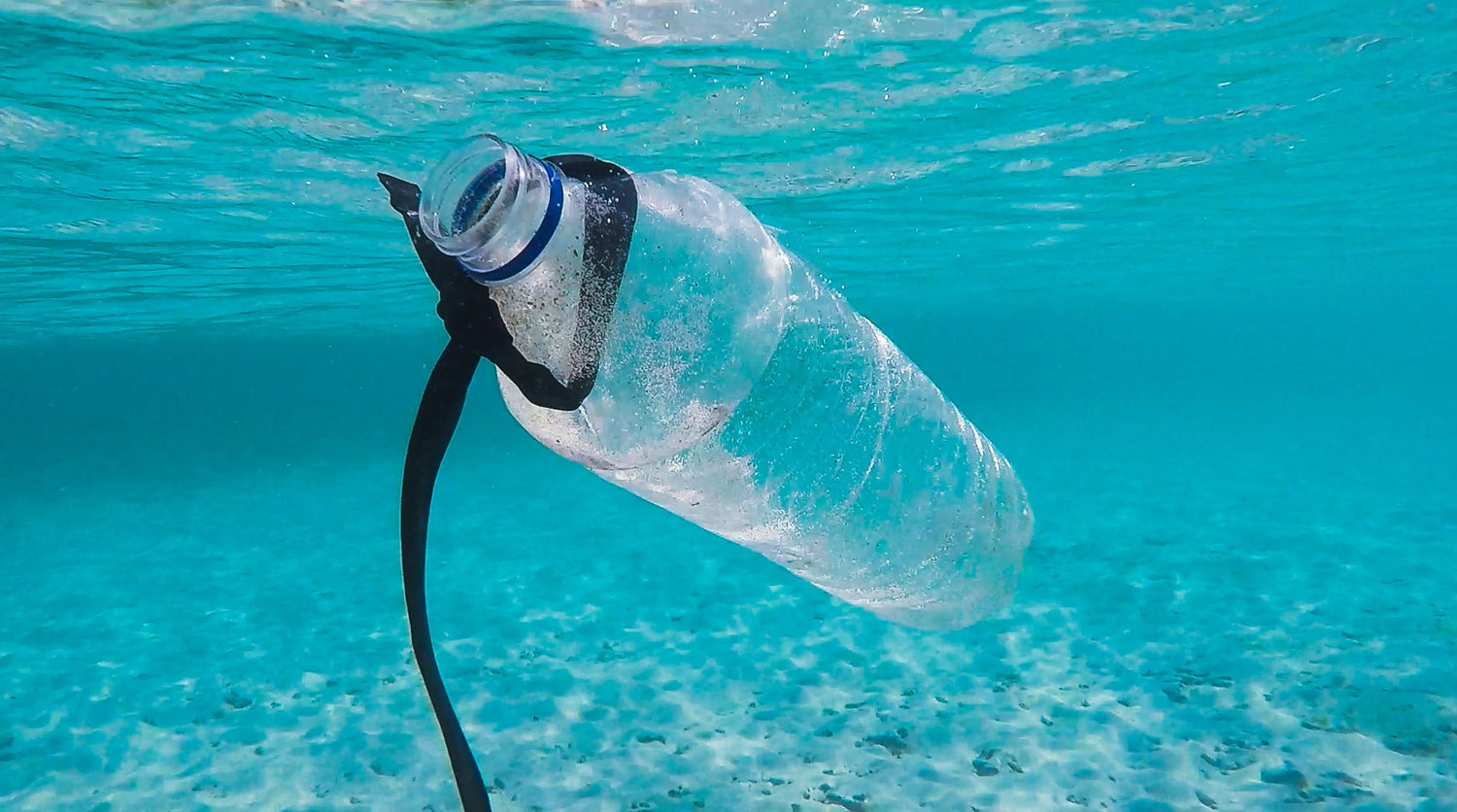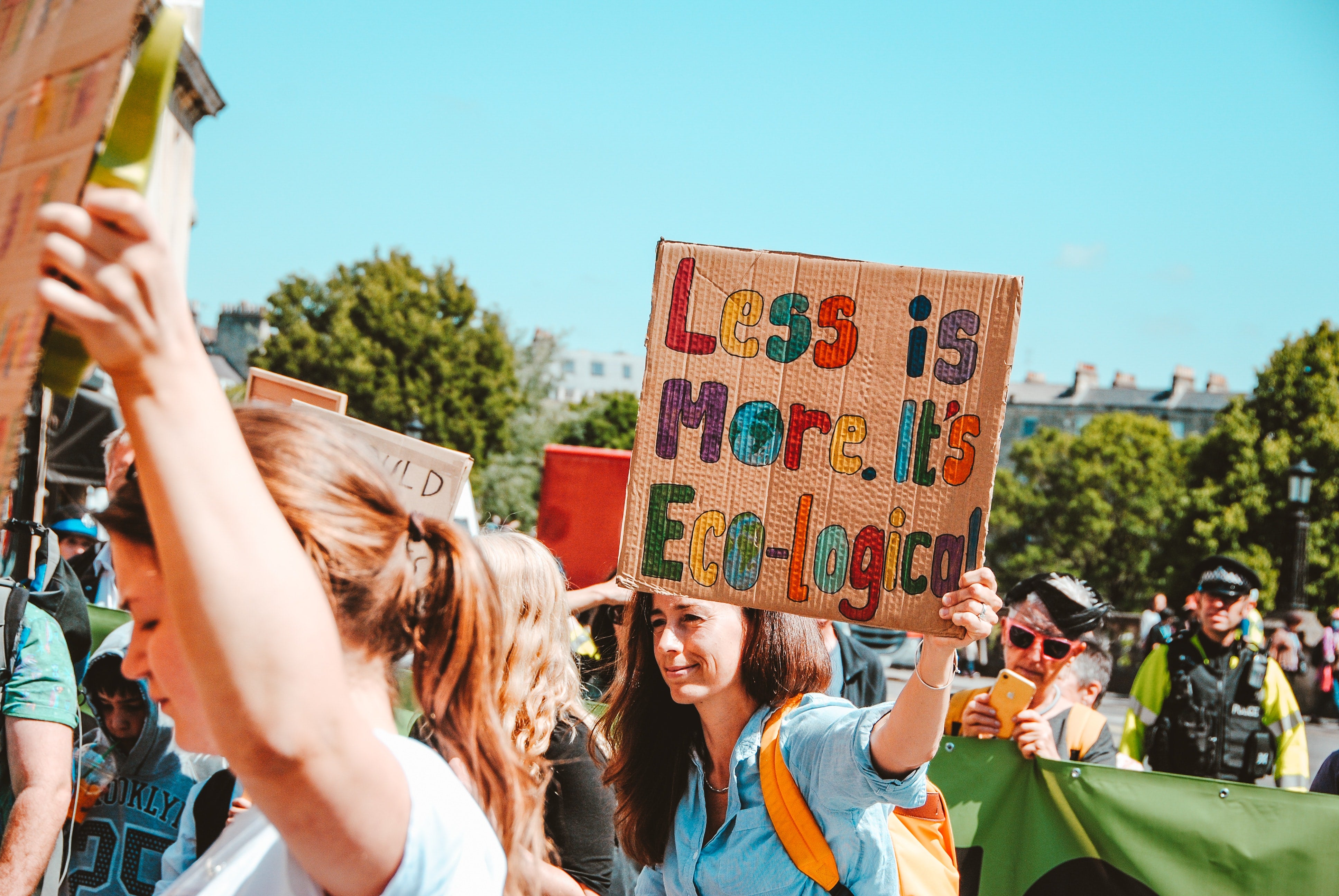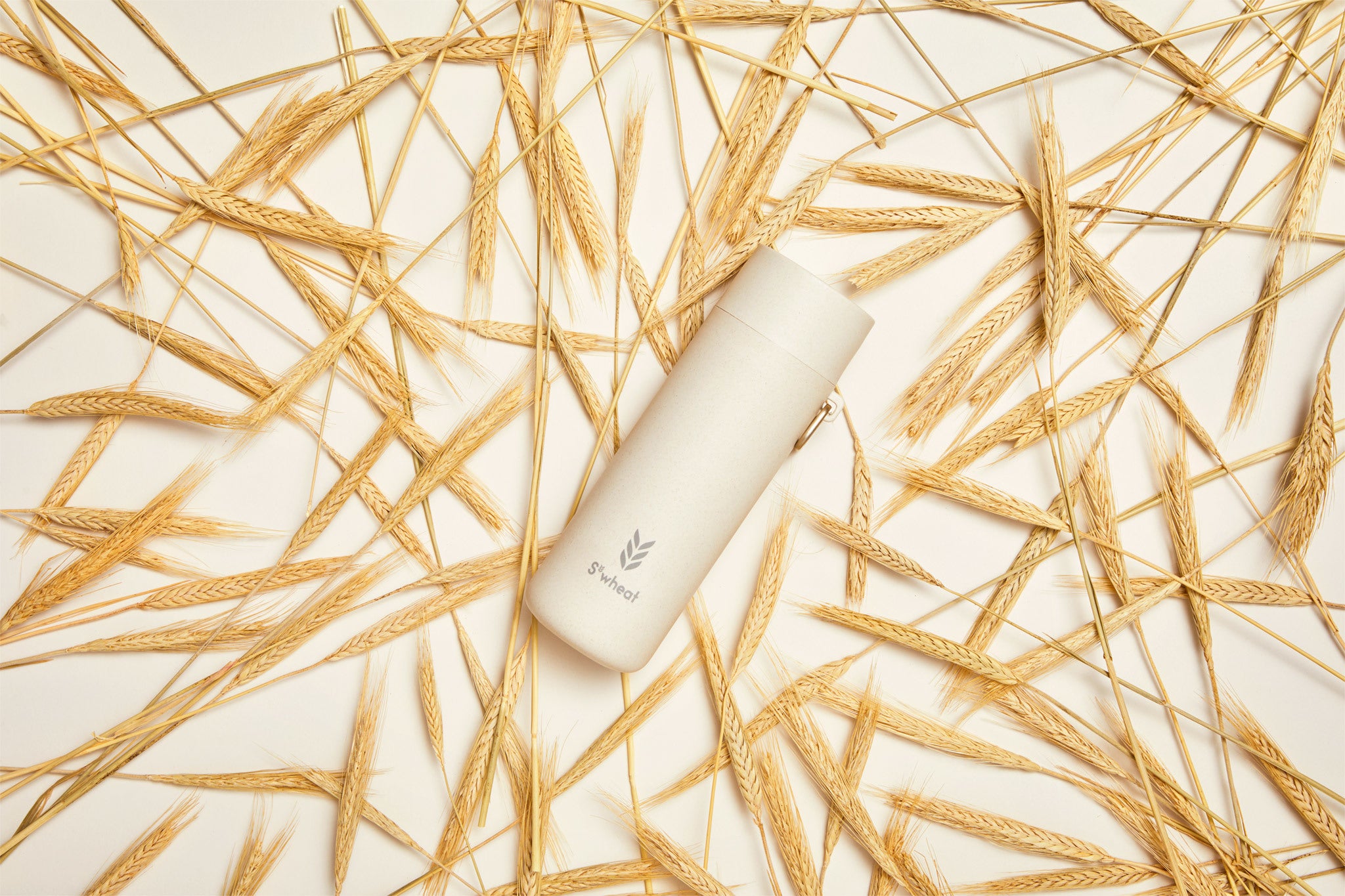Health Dangers:
Reusing plastic bottles, which become damaged from regular wear and tear and while being washed, raises the risk of chemicals leaking out of the microscopic cracks and fissures that form over time in the reused bottles.
Polyethylene terephthalate (PET) is commonly used in the production of single use disposable water bottles. Reusing PET water bottles with dents or other symptoms of deterioration is unsafe and should always be discarded.
PET polymers have been shown in a number of studies to be a 'endocrine disruptor,' meaning that they can change the hormone system. Despite the fact that PET does not contain BPA and is BPA-free, phthalates in reused bottles have been discovered to leach into drinking water. This is especially true when exposed to or in touch with extreme temperatures. Phthalates are a type of ester that is widely used to make plastic more durable and flexible. This chemical is also used in the production of cosmetics and other personal hygiene items. Phthalate has the potential to affect the lungs, kidneys, and reproductive system.
Antimony, a possible carcinogenic metal used in plastic manufacture and PET bottles, is another of the substances raising alarm. Antimony leaching into water or food stored in PET bottles or containers has been the subject of numerous research. It can cause vomiting and diarrhoea if consumed, however it is not currently considered a carcinogen. Antimony in drinking water has a maximum content of 6 parts per billion, according to the US Environmental Protection Agency (ppb).
Another cause for concern is BPA. Bisphenol A (BPA) is a chemical that was developed in the early 1950s for the production of plastics and resins. BPA can be found in a variety of products made from polycarbonate plastics, which are commonly used to make food storage containers and water bottles. They can also be located in a range of consumer goods.
BPA has been linked to breast and uterine cancer, higher risk of miscarriage, and lower testosterone levels, according to the Environment California Research & Policy Centre, which analysed 130 papers on the subject. According to other studies, BPA can leach from items into the food or drink inside the container. BPA exposure is a worry since it may cause health problems in new-borns and children. Further research has also suggested a link between BPA intake and high blood pressure.
Germs:
According to a recent study, the average reused water bottle has more bacteria than a toilet seat! More than 300,000 colony-forming units (CFU) of germs per cm2 were detected in the average refilled plastic bottle. However, this bacteria can be identified in reusable steel bottles as well as plastic bottles; some of the worst bottles found in this study had up to 900,000 CFU surrounding the drink bottle's mouthpiece. Any residual water in steel water bottles heats up, creating the ideal warm and moist breeding habitat for germs. If your water bottle has a nasty odour, that's a strong indicator that germs are multiplying.
According to Joseph Falkinham, a professor of microbiology at Virginia Tech University, the first type of bacteria found in reused water bottles is known as gram-negative rods, which include E. coli. Throat infections can be caused by bacteria known as gram-positive bacteria.
But wait, there's more! These microorganisms are also attached to the bottle's surface, and will continue to grow with every refill, according to the professor.
So, how do I choose a water bottle resistant to germs? Should I use a plastic, steel, or glass water bottle? Neither! Choose plants instead! S’wheat has created the world’s first reusable water bottle made from plants that are known for their antibacterial properties such a bamboo and wheat straw. It’s easy to clean with a wide cap that can be unscrewed, its naturally antibacterial and great for the planet, for every bottle sold a tree gets planted!
Environmental Dangers:
16 million plastic bottles end up in landfill every day in the UK alone, showing that it is far from sustainable to use them. Plastic production and incineration will produce more than 850 metric tonnes of greenhouse gases, hazardous emissions, and pollutants that contribute to global warming in 2019, according to the non-profit Centre for International Environmental Law. It is estimated that an average of 35.8 million plastic bottles are used every day in the UK, but only 19.8 million are recycled, that's less than 7% of all plastic water bottles!
Don't get too worked up if you occasionally reuse plastic bottles. Just make sure it doesn't become a habit. Investing in a reusable water bottle, according to experts, is the way to go when it comes to hydration and wellness. Make sure to clean your reusable bottles regularly and between usage. Both single-use and reusable water bottles should be washed and dried thoroughly. The mouthpiece and cap of the S’wheat reusable water bottles are designed with this in mind, making them easier to clean.
If you use a bottle with a sugary drink, the chances of bacterial and fungal growth are higher. After using your water bottle with sports drinks or juices, empty, rinse, and wash it right away. Check out our guide on how to clean your reusable water bottle effectively.
Do you ever reuse a single use bottle? Leave a comment below!




Leave a comment
All comments are moderated before being published.
This site is protected by hCaptcha and the hCaptcha Privacy Policy and Terms of Service apply.